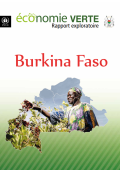
La présente étude Burkina Faso Green Economy Assessment exploratoire sur l'économie verte au Burkina Faso a été réalisée dans le cadre de l'Initiative pour une économie verte du PNUE, lancée en 2008. Elle a pour objectif global de permettre au pays de saisir les opportunités offertes par son passage à une économie verte.
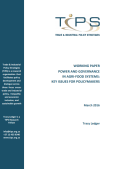
The working paper Power and Governance in Agri-food Systems: Key Issues for Policymakers presents an analysis of the dominant and growing agri-food system in South Africa, focusing on power and governance as two key factors that critically influence system outcomes.
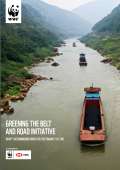
The Belt and Road Initiative (BRI) offers both opportunities and risks for investors, for sustainable development, and for natural resources. Financial institutions have a key role to play to ensure that its programmes and projects are delivered in ways that invest in and enhance natural capital and ensure a net gain for the environment. This report provides recommendations to the finance sector in three main areas: (i) Integrating sustainability in infrastructure decisionmaking; (ii) Demonstrating the sustainable business opportunity; and (iii) Scaling up sustainable infrastructure.
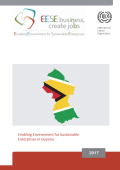
The report The Enabling Environment for Sustainable Enterprises in Guyana analyses how Guyana performs with respect to each pillar of a conducive environment for sustainable enterprises, assessing strengths and weaknesses.
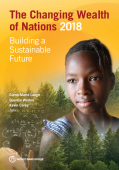
The book The Changing Wealth of Nations 2018: Building a Sustainable Future covers national wealth for 141 countries over 20 years (1995–2014) as the sum of produced capital, 19 types of natural capital, net foreign assets, and human capital overall as well as by gender and type of employment.
